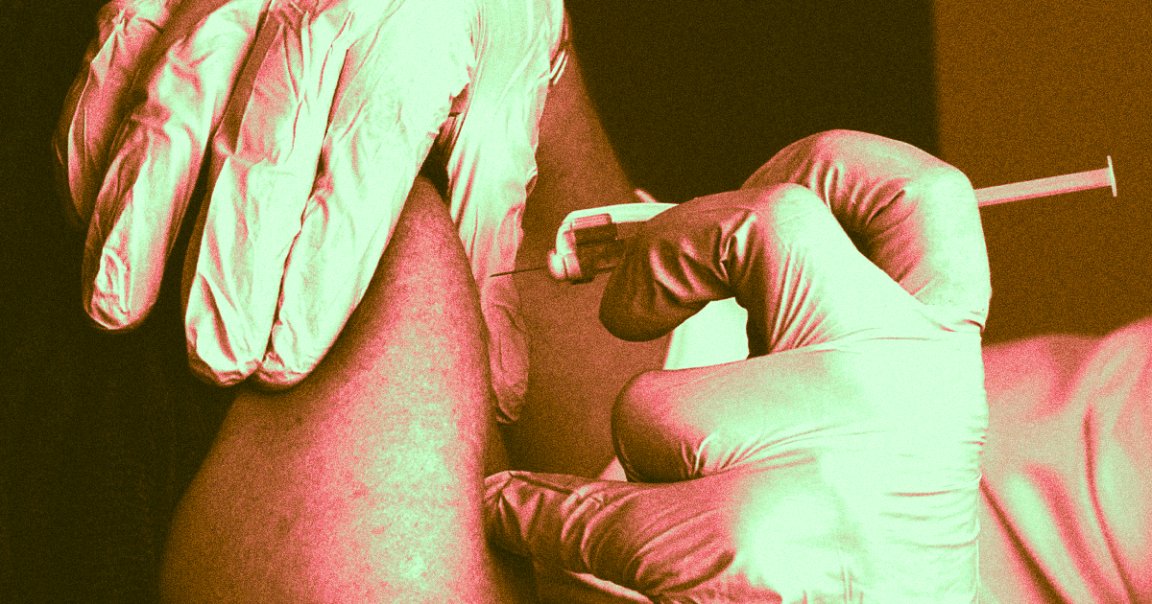
As the pandemic rages on, a growing number of people are coming to the unfortunate realization that their coronavirus symptoms aren’t going away after the expected amount of time.
These COVID-19 long-haulers, as the phenomenon has come to be known, can last for weeks or even months. Between 10 and 30 percent of coronavirus survivors experience long-hauler symptoms including persistent fatigue, brain fog, and flu-like symptoms, Popular Science reports, but a new study from the University of Bristol and the UK’s National Health Service shows that getting vaccinated may be able to help.
Taking the Pfizer or Oxford-AstraZeneca vaccine not only prevented these long-hauler symptoms from continuing to get worse over time, but the vaccines also seemed to serve as a treatment that actually reduced the symptoms as well, according to the small, preliminary study shared online on Monday.
“Clearly any sign of improvement in the wellbeing of those with long COVID is good news, and as such this study offers some tentative hope for those suffering,” Coventry University psychologist and long-hauler expert Frances Simpson told The Independent.
Scientists still aren’t sure what’s causing long-hauler symptoms, but it may be linked to small, lingering infections that seem to fly under the immune system’s radar or otherwise evade eradication.
In that regard, it makes sense that the vaccine would help matters improve.
“Vaccines will generate good antibody and T-cell responses,” Yale immunologist Akiko Iwasaki told The Washington Post. “They have been already shown to significantly reduce infection, both symptomatic and asymptomatic.”
The study itself, however, was fairly limited. Because it sampled only a few dozen long-hauler patients and has yet to be published in an academic journal, it’s too soon to confidently declare just how much a vaccine might help with these persistent symptoms. But it’s promising to see that there may be some respite for those people whose COVID-19 infections simply won’t go away — and it’s one more argument for getting the vaccine as soon as you can.